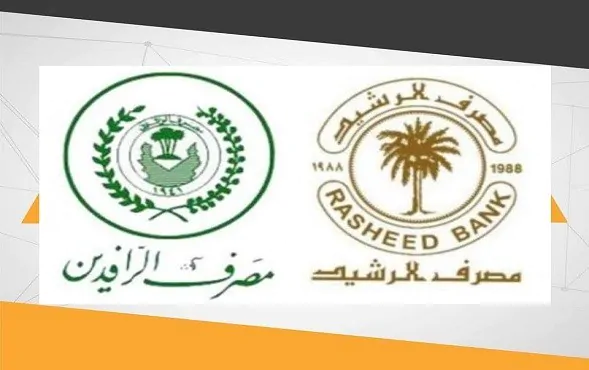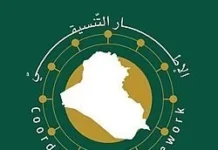One of Iraq’s most difficult crises is the dollar crisis, which was made worse by bizarre decisions like restricting the sale of dollars to travelers to certain companies and exchange offices instead of others.
The citizen is prompted to ask, “What is the benefit of designating certain offices and businesses to sell the dollar?” by this matter. Is it for other reasons, such as preserving the country’s currency or lowering inflation, or does it serve a specific interest?
As a result, there are a lot of questions about the official authorities’ decisions, especially when it comes to practices that require thought.
The Central Bank of Iraq announced at the beginning of the month that the new method for travelers to receive foreign currency (dollars) will only be available through the outlets of businesses and banks in international airports. The central bank emphasized that the new method’s objective, which will take effect on July 14, is to expedite travelers’ access to the dollar while also delivering the dollar to the actual traveler and facilitating sound transactions.
The Central Bank looked at the new way for travelers to get their share of foreign currency (dollars) by going to authorized exchange companies in all cities to get the amount in dinars that is equivalent to the citizen’s share of the dollar at the official exchange rate set by the Central Bank of Iraq. The organization will attempt to enter the voyaging resident’s information and transfer his name to the electronic foundation of the National Bank of Iraq and convey him a receipt affirming his store of the dinar, to solely get the money dollar inside the air terminal.
The bank explained that the amount would be delivered to him in dollars after the departure procedures were completed through the airport’s 24-hour, seven-day-a-week ATMs.

In the statement, the bank said that it decided to let exchange companies get more than one share each week to meet all of the requests from travelers.
In the meantime, the Iraqi Central Bank instructed exchange companies to implement the new method for delivering dollars at airports.
This was communicated to four exchange companies that provide dollars to travelers at Iraqi airports in an official letter sent on July 4 by the bank’s management and signed by Rafeef Mu’ayyad Bashir, Director of Supervision of Non-Banking Financial Institutions.
The Central Bank of Iraq issued new instructions on how to grant travelers US dollars, which indicate that they will take effect on July 14.
“In order to ensure that travelers receive cash dollars and to prevent exchange companies from passing improper transactions, it was decided to set 7/14/2024 as the final date for starting the mechanism of granting dollars to travelers at airports exclusively,” according to the instructions issued by the bank, Rafidain, Rashid, and Iraqi Trade Banks to exchange companies currently operating at airports and exchange companies of category A and B.

The Central Bank says that the banks and exchange companies that operate at the airport are entitled to a fixed commission of 15,000 dinars from the customer for each transaction. The exchange companies that do not operate at the airport collect this commission for the benefit of the banks and exchange companies that operate at the airport, according to a mechanism that was agreed upon by the two parties, the banks and exchange companies that do not operate at the airport and the banks and exchange companies that do operate at the airport.
Diaa Al-Mohsen, a financial expert, was of the opinion that restricting the sale of dollars to specific businesses demonstrates that political parties back those businesses in their efforts to obtain foreign currency.
“There are many problems in the monetary authority that need solutions and decisions in order to serve the citizen, away from complication and increasing inflation rates,” Al-Mohsen stated.
“After the sale of dollars to travelers was restricted to specific exchange offices or companies,” he added, “the increase in cash commissions during the exchange process between the dinar and the dollar from 15 thousand to 25 thousand will only benefit exchange offices.”
“There is confusion in making financial decisions regarding the process of selling the dollar, especially with the smuggling of the dollar through forging cards or travel tickets to obtain foreign currency from official sources and ensure its arrival to exchange companies,” he remarked.
The fact that foreign currency prices in Iraq increased noticeably in the currency markets indicates that the Central Bank’s procedures regarding this matter are unclear and did not lower the selling prices of the dollar.





